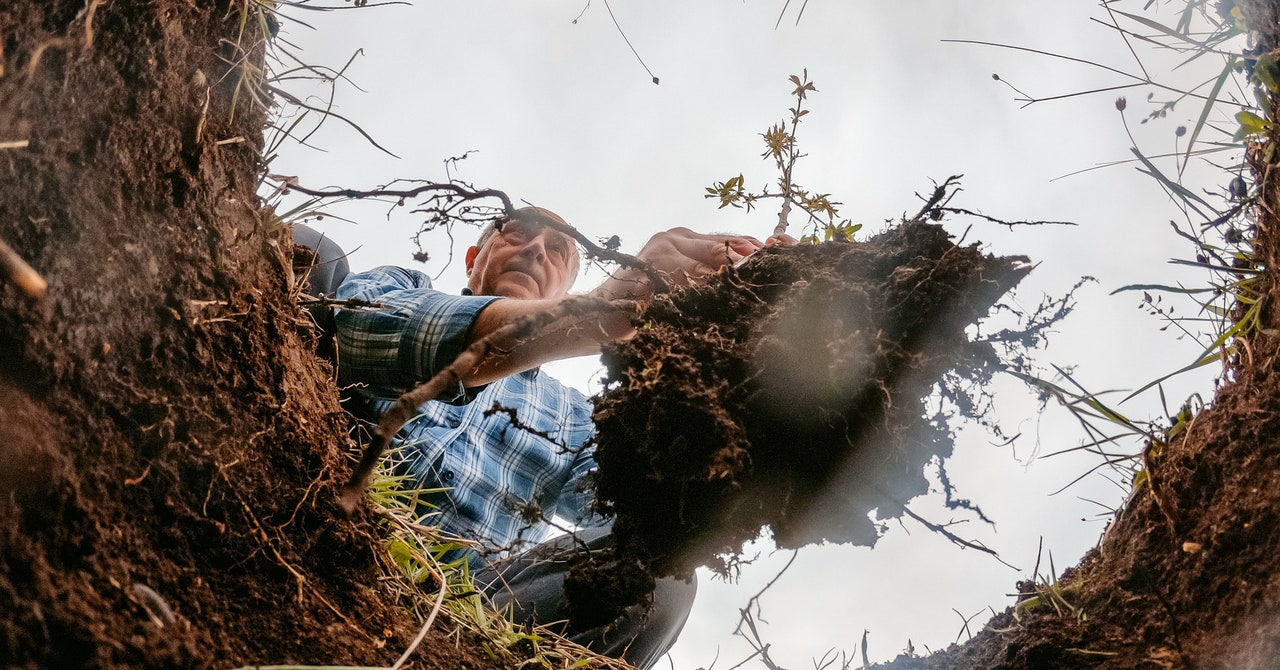microorganisms in us The gut can have a profound impact on our health, but research shows that the environment around us – known as the natural environmental microbiome – can also have a big impact. This suggests that we should all spend more time interacting with nature both outdoors and indoors.
I was first introduced to this emerging field of science by Professor Gretchen Daly of Stanford University. He cited a Finnish research project that showed that allowing kindergarten-aged children to play in a yard that contained “dirt” from the forest floor resulted in a significant positive effect on their gut microbiomes. . Sixty-nine young children participated, all living in urban environments and spending most of their day in various daycare centers in Finland. The only difference between them was that these daycare centers had three different types of outdoor spaces.
The first type was a fairly standard outdoor play area, consisting of concrete, gravel and some plastic matting. The second was the type typically found in daycare environments that are already nature-oriented, with grass, soil, and planted areas for children to play. Both of these served as a control against which to compare the third experimental location, where concrete and gravel were covered with sections of forest floor and soil from the local coniferous forest.
During the 28 days of the experiment children were encouraged to play in only one of three types of yards each day (note that some kindergartens have multiple play areas). Before and after playing, the children's skin and gut microbiota were measured with genetic sequencing of bacteria taken from skin swabs and stool samples, as well as changes in T cells and cytokines in their blood. These cells and proteins play an important role in autoimmunity and preventing autoimmune diseases; Their levels are often used as an indication of how well the immune system is working.
Remarkable results emerged. A larger increase in the diversity of microbiota was observed in the skin and gut of children playing in the experimental yard compared to children playing in urban and nature-oriented areas. Importantly, these were the “good” types of microbiota – the ones associated with health benefits. The children also had significant increases in immune markers, indicating they had better immune-regulatory pathways – indicating a lower risk of immune-mediated diseases like inflammatory bowel disease and rheumatoid arthritis.
The importance of this study cannot be underestimated. This means that even short-term exposure to nature's microbial diversity has the potential to fundamentally alter the diversity of the microbiota in our skin and our gut. Furthermore, it suggests that altered gut microbiota may regulate the function of our immune system.
A healthy microbiome is made, not born
everybody has The specific community of microbes in their gut – a person's ethnicity, the food they eat, antibiotic use, body size and the amount of exercise they get all leave a clear signature on their gut microbial diversity. The role of these microbiota communities is important. Our organs can only synthesize 11 of the 20 essential amino acids we need, so the rest, along with the 13 essential vitamins, are retrieved and synthesized by our gut microbes.
And these microbial communities not only help our stomach extract nutrients from food. Microbes also produce some of the most important compounds for our health, including immuno-suppressant, anti-cancer, and anti-inflammatory compounds. They appear to be linked to the functioning of our immune system, central nervous system, and related health outcomes, so much so that clear associations have been found between particular gut microbiota—the so-called “sick” microbiome—and certain diseases. People with specific gut microbial signatures include those with irritable bowel syndrome, inflammatory bowel disease, celiac disease and colorectal cancer, as well as non-intestinal disorders such as obesity and type 2 diabetes.


